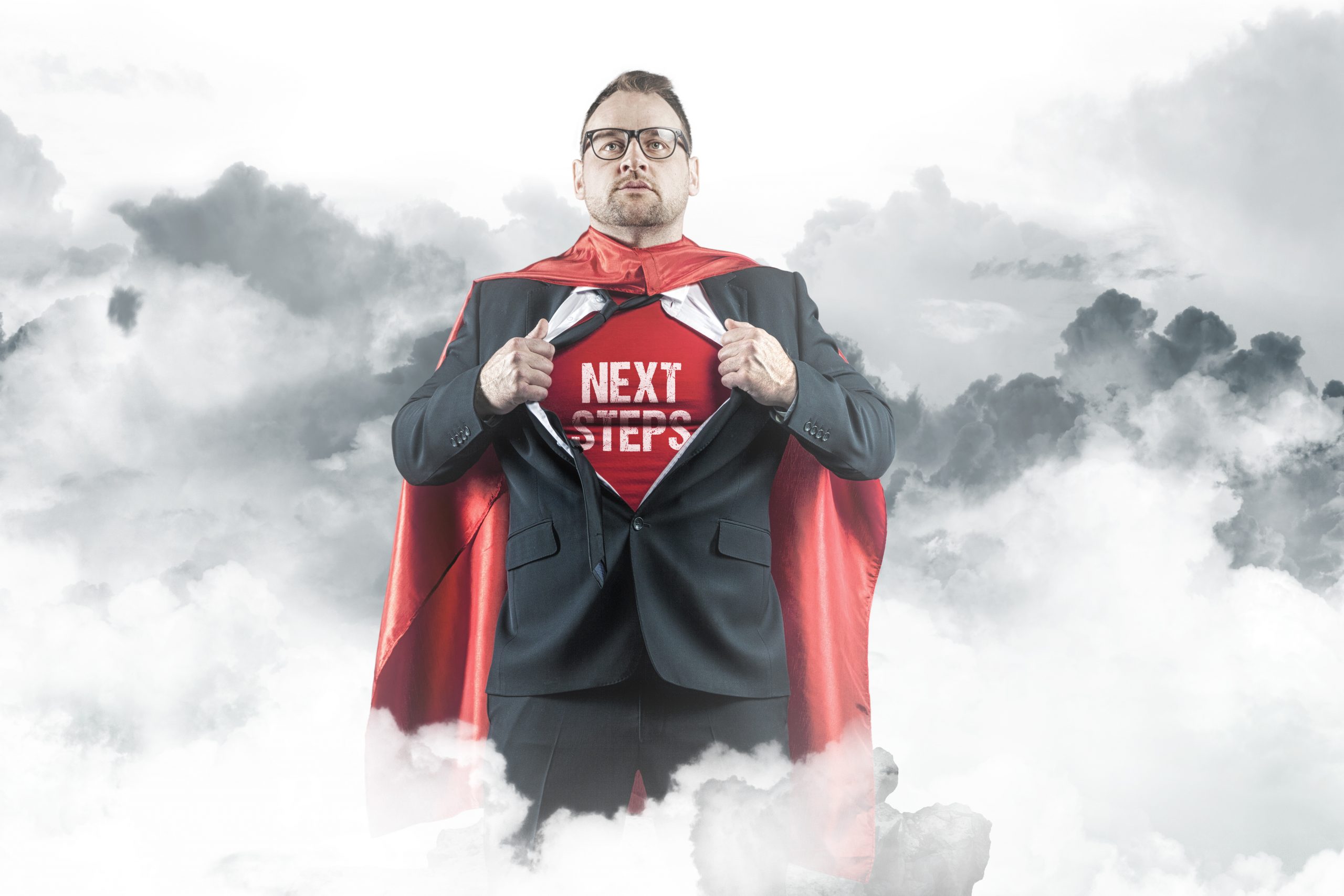I got an urge to give my first ever mentor Paul a call, just to say hi. Paul was the man who selflessly took me under his wing about ten years ago when I had only just encountered NLP and was eager to learn more. He was, (and still is, now in his seventies), a hugely successful life coach, but so much more than that. Pretty much all you need to know about Paul is that when he suggested I join him on one of his extensive NLP coaching sessions, and I confessed that I would love to but couldn’t afford it, his response was “Who’s asking you for money? Just come along.”
I dialled the number and he answered immediately. “Hello? Who’s this?” … “David.” Silence at the other end of the line … “David who?” … “David Key”.
He was very pleased. “David!” he said, “You’ve transformed!!”
We both laughed because I knew what he meant. He hadn’t recognised my voice, which had probably dropped a couple of octaves in pitch from the last time we had spoken. It was no longer the nervy, uptight squeak of – to quote Paul’s brutally honest but a bit less than generous description – ‘an anxious schoolboy desperately wanting a pat on the back’. I couldn’t take offense. I remember that person, pushing, pushing, pushing forward to try to get to a better place without really knowing what that place would look like if and when he ever got there. It’s true that I have come a long way since then, and it was Paul who set me off on my journey of self-discovery. I will always be grateful to him for that.
But here’s my question: is it true? Am I ‘transformed’, and what does that mean?
Like most of us I’m concerned about things that are happening in the world, the crimes that we see perpetrated against innocent men, women and children in the name of some hate-fuelled ideology or warped belief system. From time to time, when my mood is low, that concern spills over into anger. I know, at that point, that my thinking is off track, but it seems so real to me, and the one thought that’s most persistent in my mind is this:
“I am not like THEM!”
Each and every one of us is possessed of innate wisdom. No one is separate from Mind, so the distinction I make between ‘them’ and me is, quite simply, an illusion. But why is it so hard for me to accept that sometimes? Should I start again, go back to my mentors and confess that I haven’t yet understood the Principles? Could it be, after all this time, that I’m still that anxious schoolboy underneath, and it’s only my voice that’s changed?
I take a swig from my coffee cup and have another thought. It isn’t just other people that are part of Universal Mind, and it isn’t just living things like trees and grass. This cup, along with its contents, is a part of Mind too. How do I know? Think of all the matter in outer space, all of it, stretching to infinity. Clouds of gas, millions of light years across, slowly come together under the force of gravity to form planets, moons, suns and galaxies. But nowhere in this vast universe can gravity alone bring matter together to form my coffee cup. Mind did that, and Mind is what unites us all, whether we know it or not, and whether we like it or not.
So here’s my insight: it can be very hard to see the illusory nature of our thinking, but it’s only my ego that tries to convince me that ‘I’m not like those people that I don’t like’. It’s my ego that encourages me to set myself apart and judge others. Those judgements are passing thoughts and I do not have to give them any weight, I don’t need to act on them. After all it was giving significance to what were just thoughts that persuaded those otherwise happy, smiling children to grow up to be brutal killers capable of carrying out heinous crimes.
I can’t know if I’m ‘transformed’ or not, but I know, without any doubt, that the Principles represent the truth of our experience of being alive. I may only have caught a glimpse of that deep spiritual truth that Syd Banks describes, but it has been enough for me, and my work is about bringing this understanding to as many people as I can.

